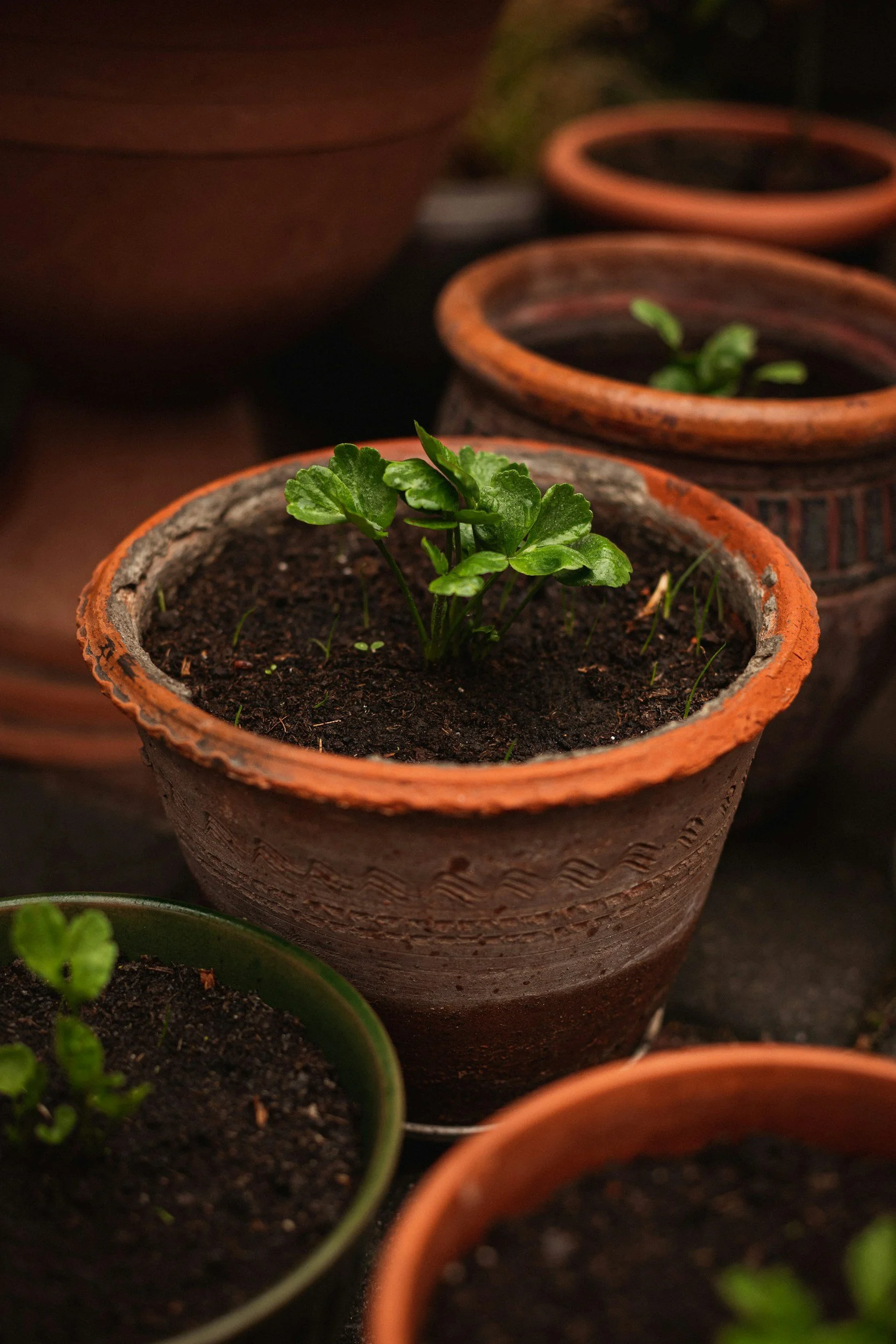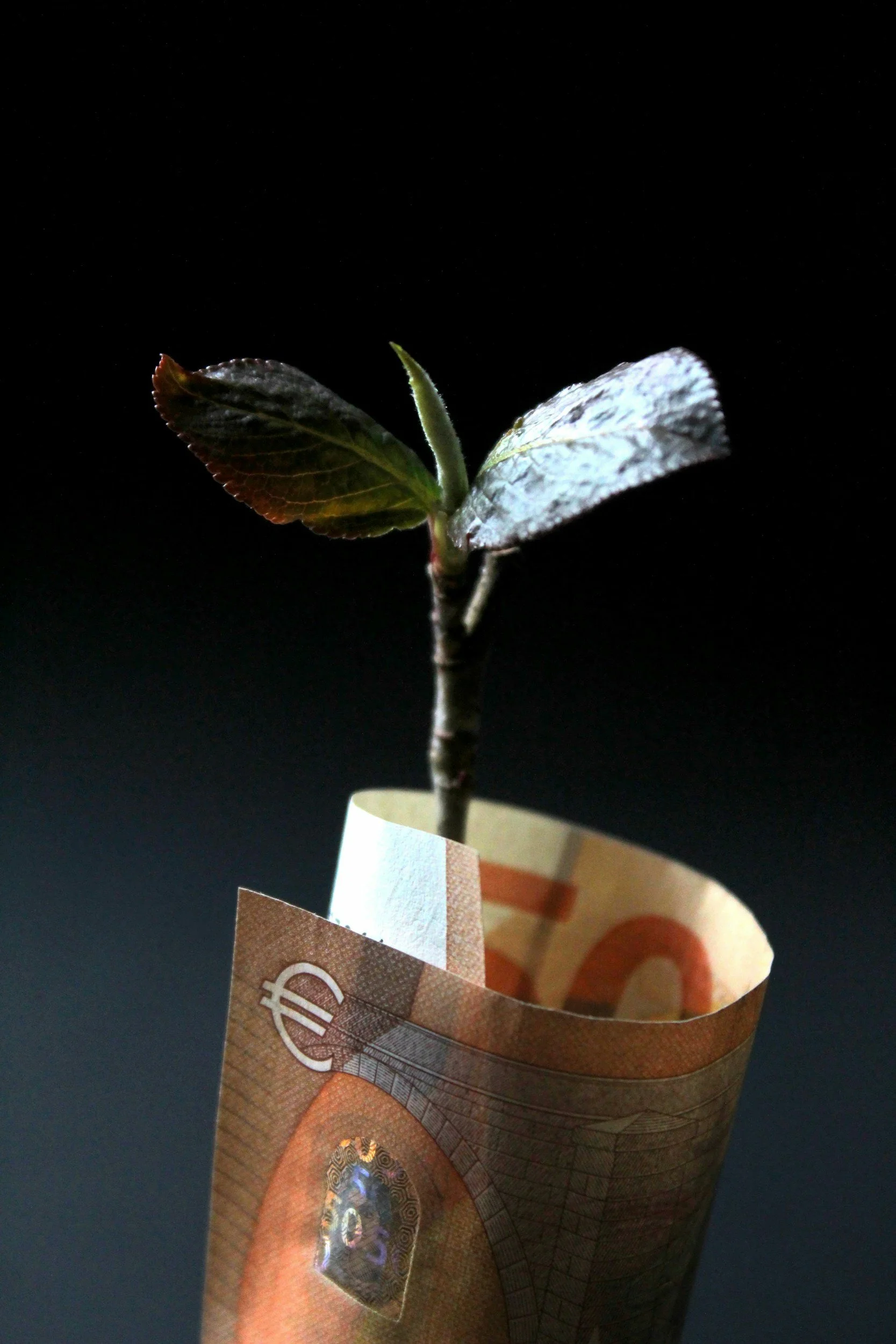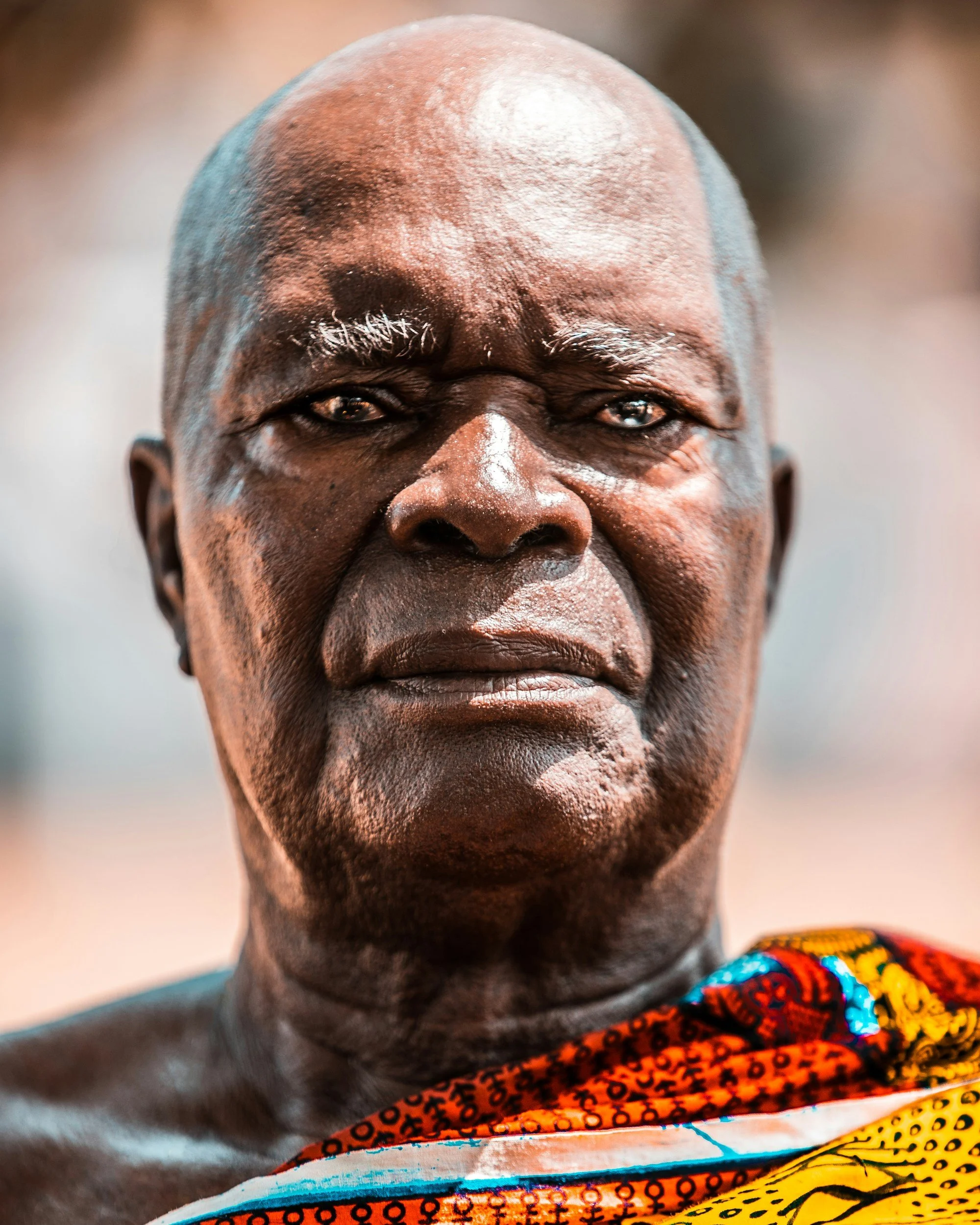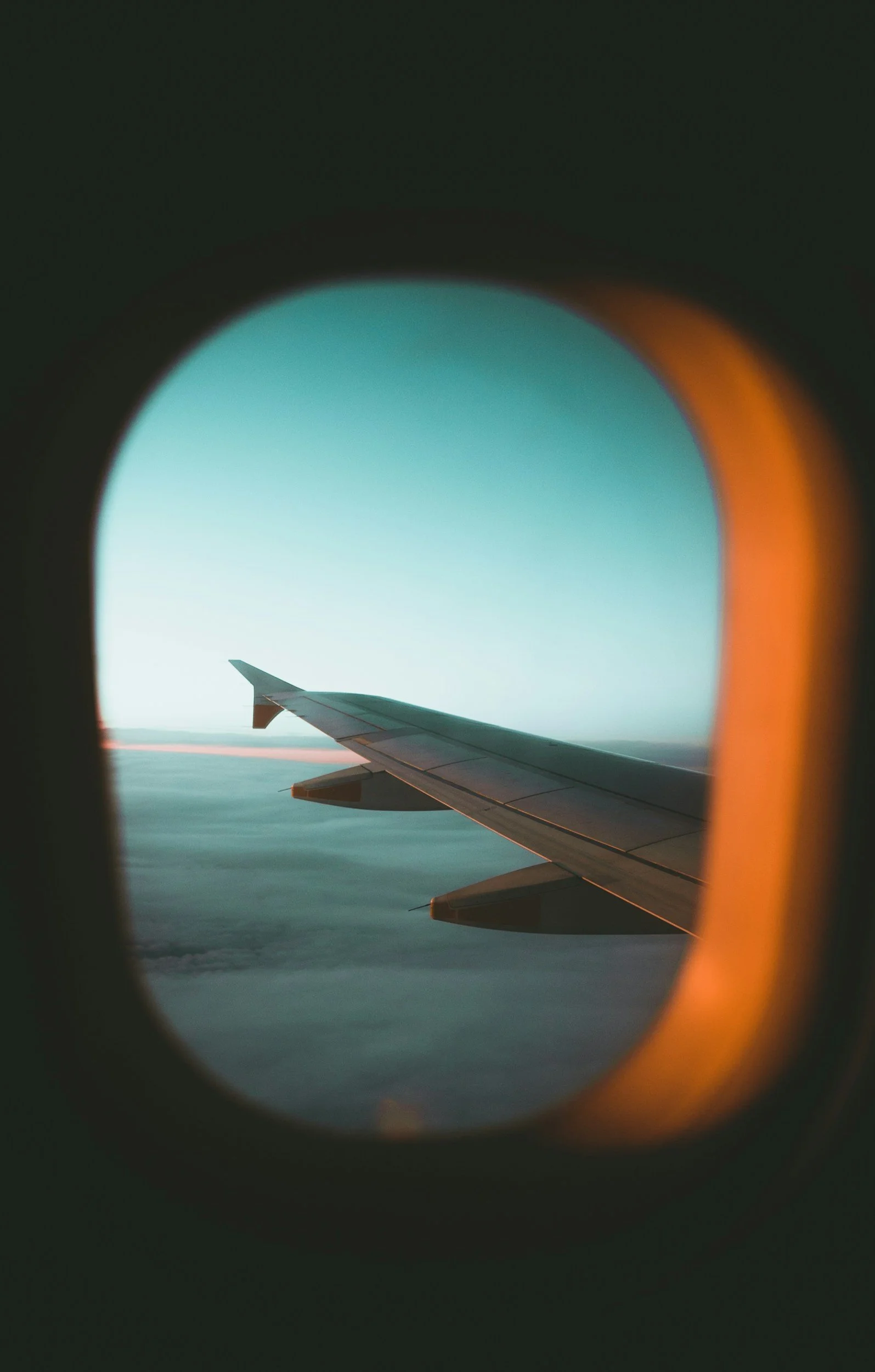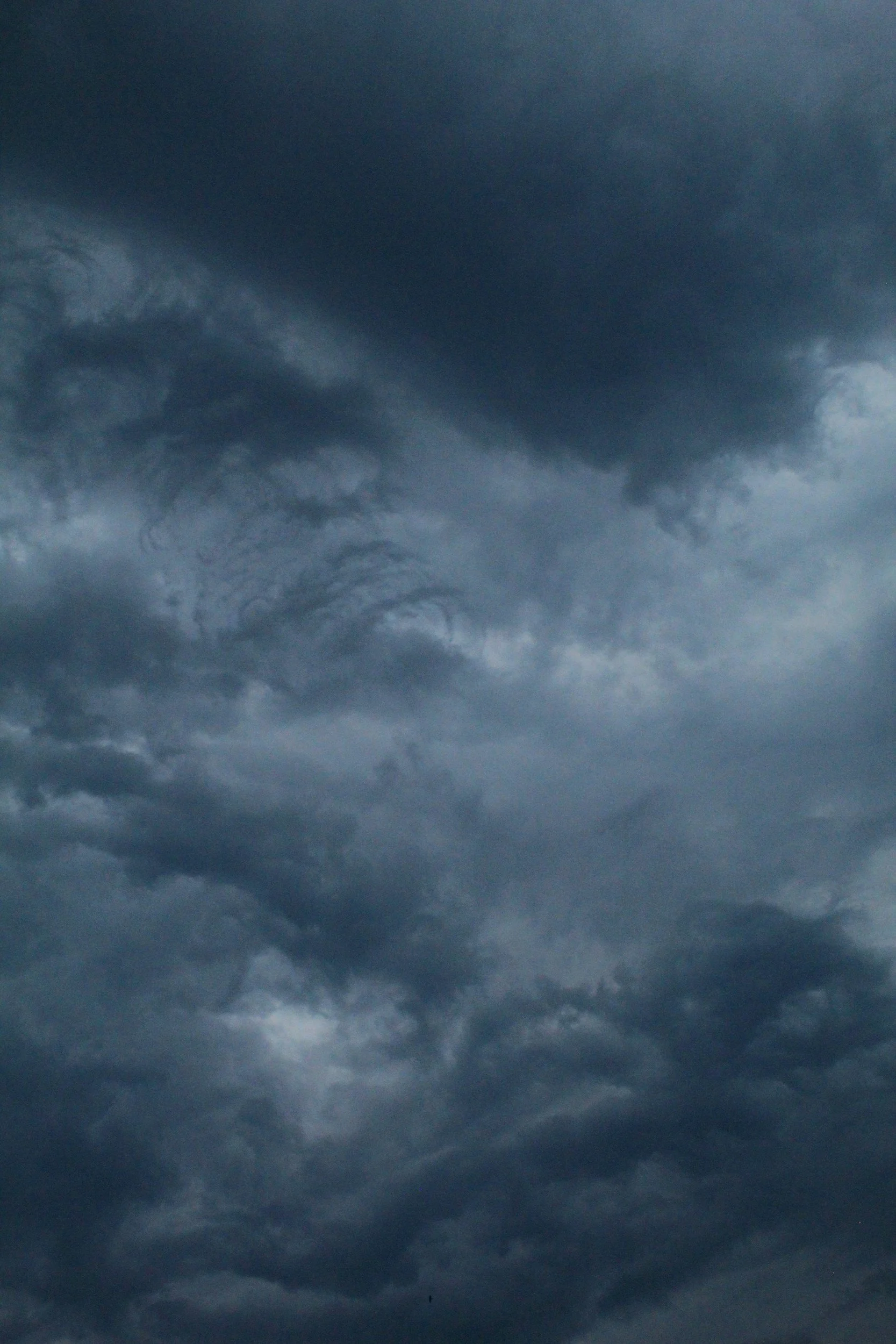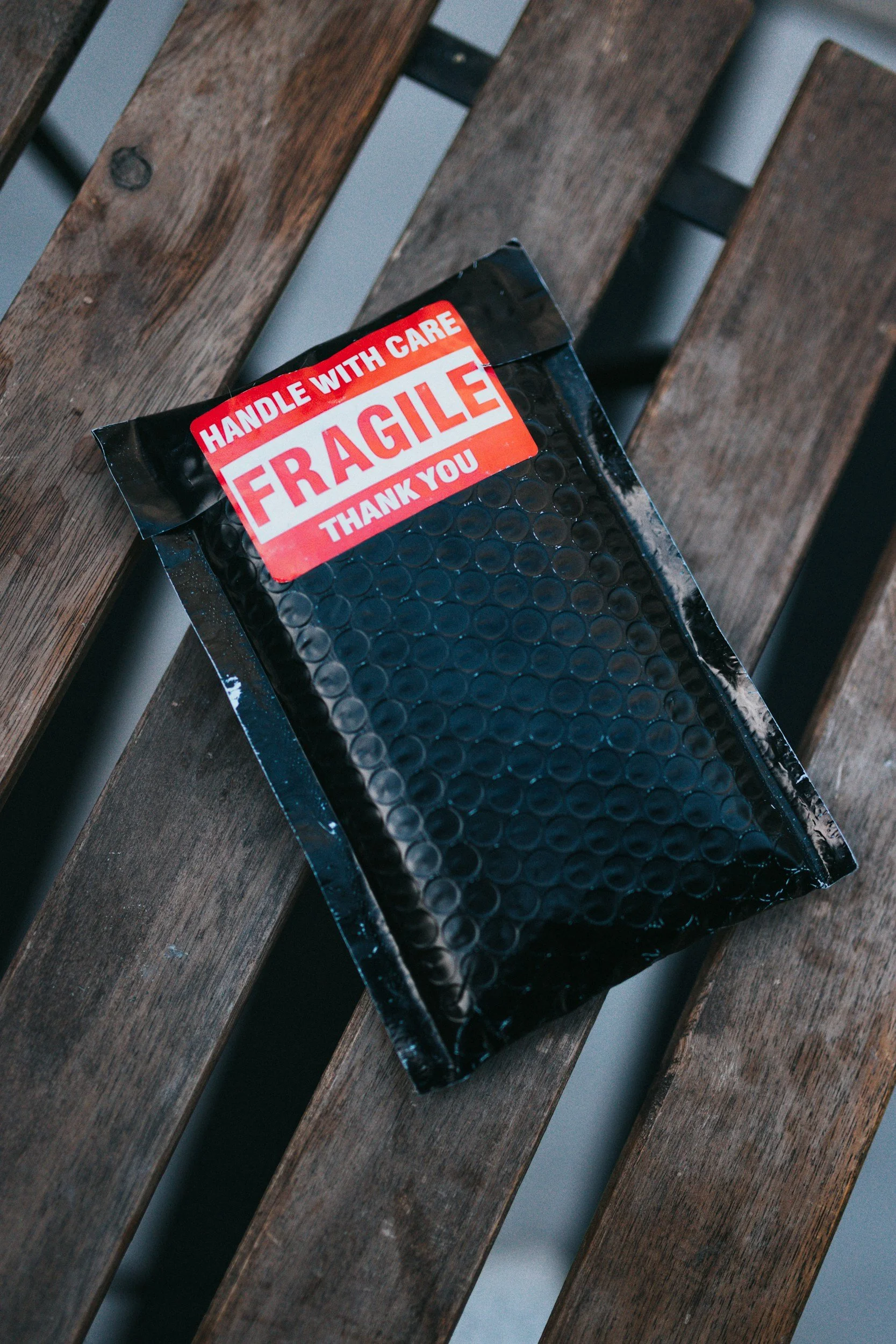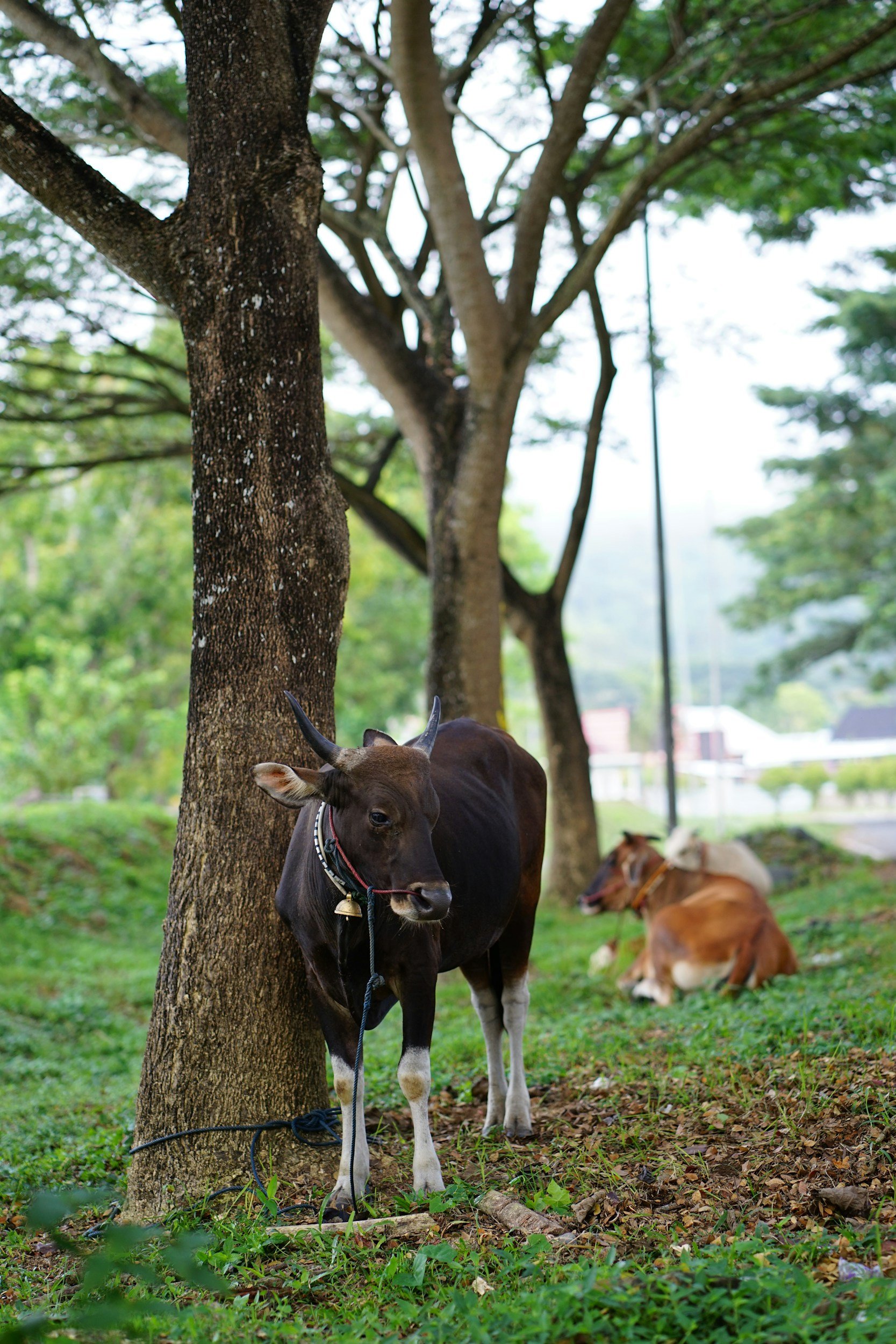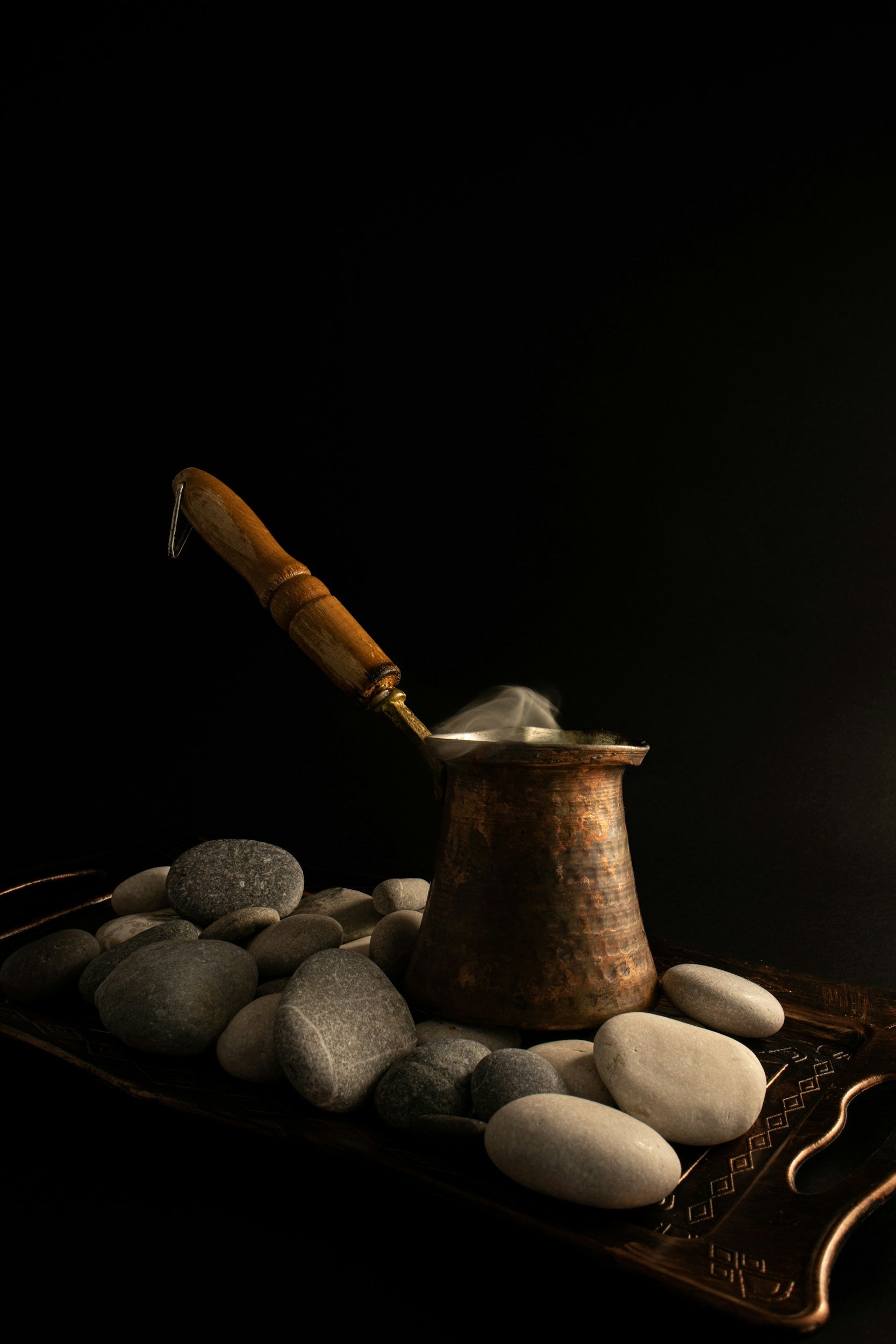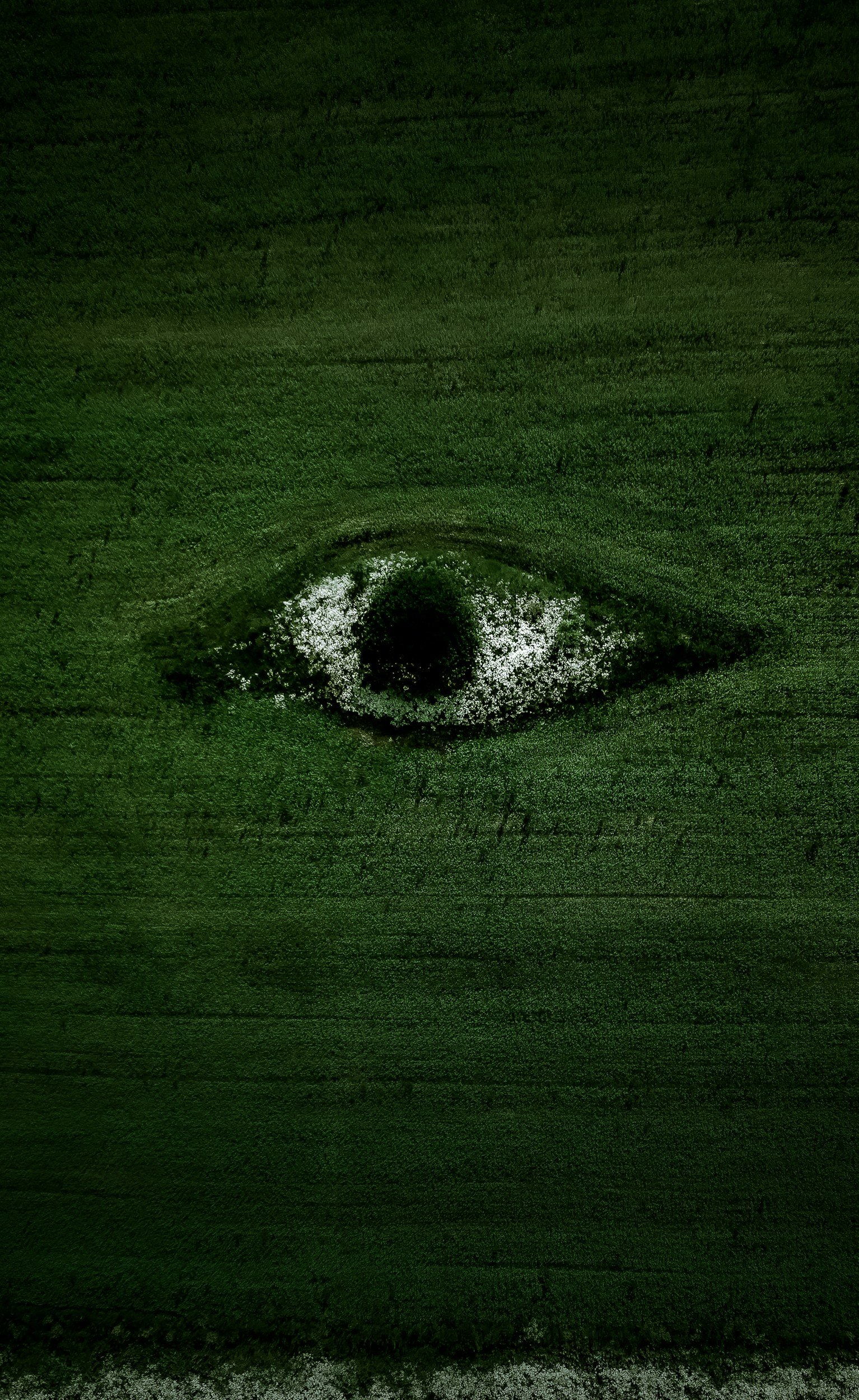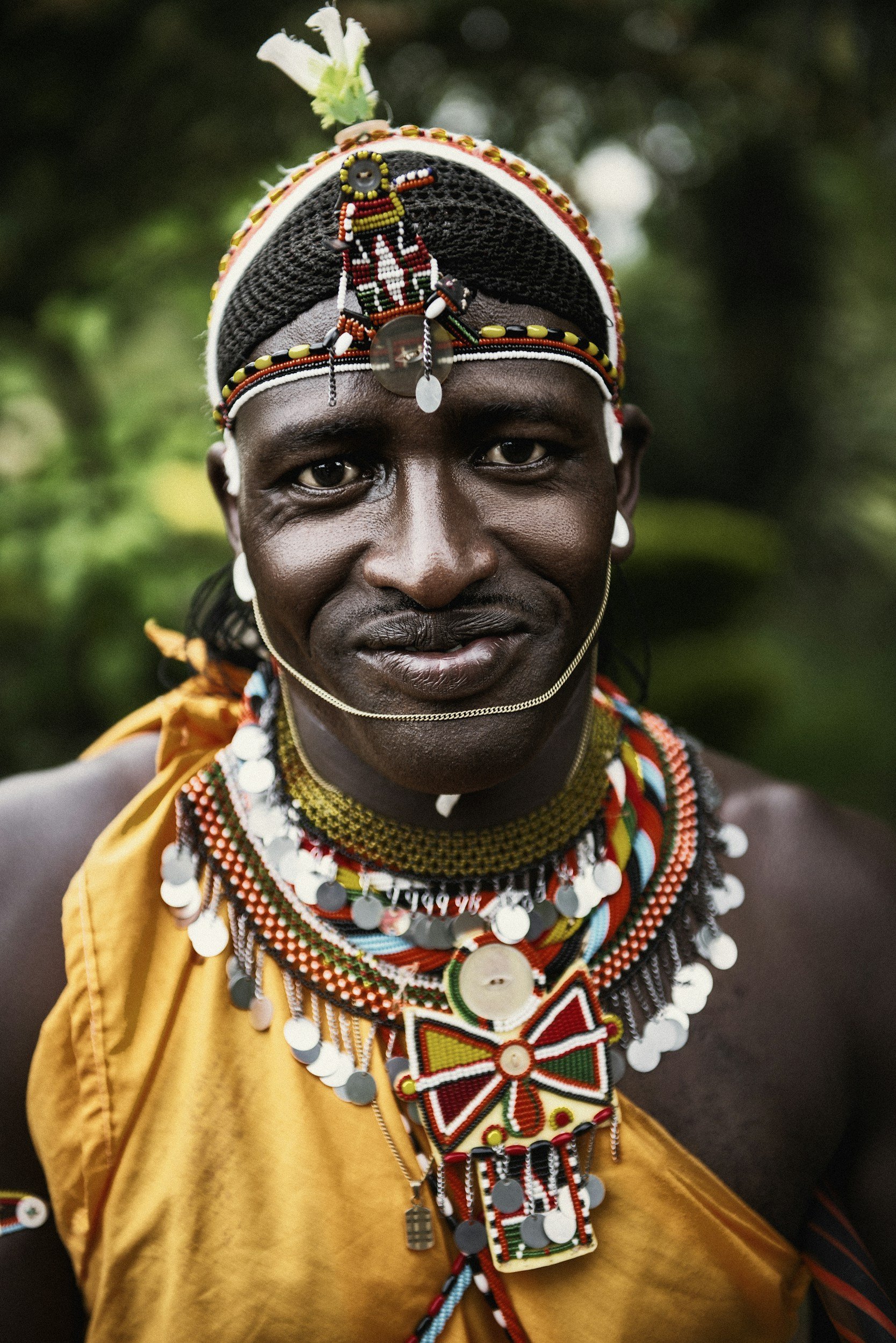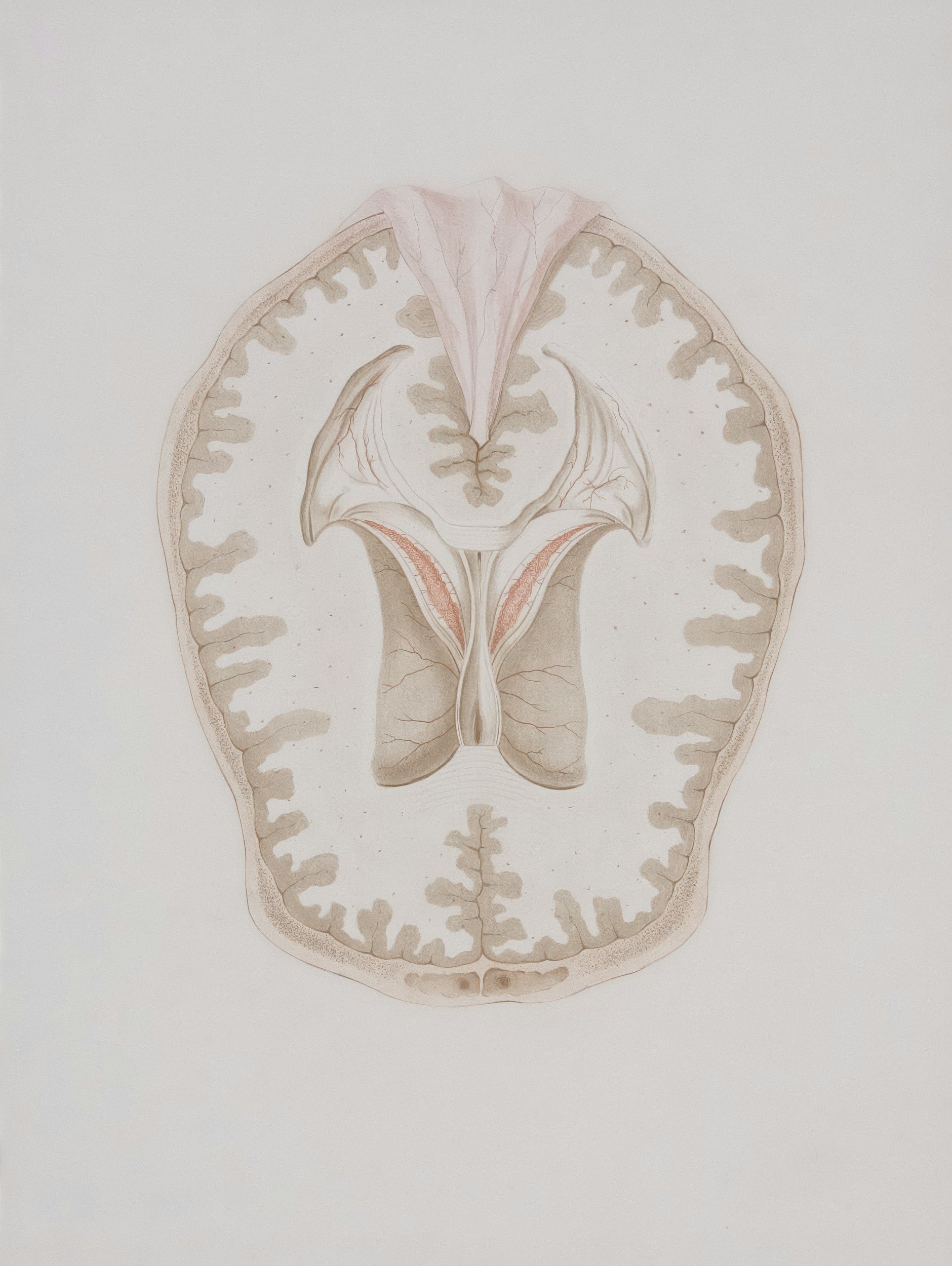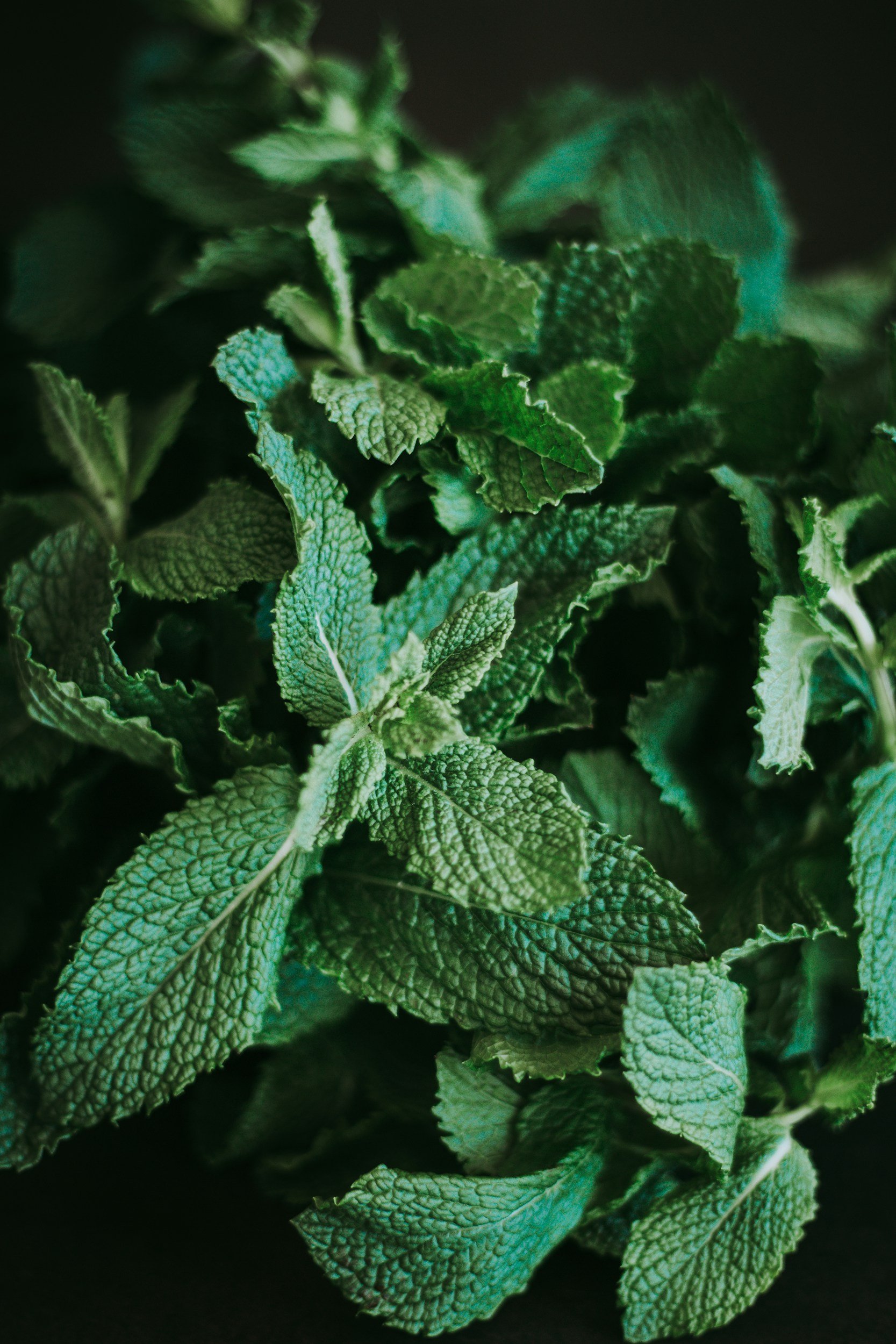5 Nso Dibia to Be Mindful Of (Sacred Ethics of the Spiritual Healer)
Dibias are custodians of divine knowledge, a channel through which Agwu (spiritual intelligence) communicates with the living. Because of this immense responsibility, the Dibia is bound by sacred laws which we will refer to here as Nso Dibia, which are ethical boundaries that must never be crossed.
These Nso are spiritual laws that maintain the integrity of the healer, the sanctity of their power, and the balance between them and the divine. When a Dibia violates these laws, they not only harm others, but they can also corrupt the sacred trust placed upon them by Agwu and the ancestors.
Let us explore some key Nso Dibia that every spiritual seeker, and every Dibia, must be mindful of.
1. Overcharging or Exploiting Clients
A Dibia must never charge beyond the value of the treatment given. Spiritual service is a sacred exchange, not an avenue for greed. While compensation is appropriate, and left to the discretion of the dibia as well as their client, the intention must always be alignment, healing, and service, not manipulation.
Overbilling is not just unethical, it disrupts the balance of energy between healer and patient. It can also get in the way of the work, and the spiritual path must not become a marketplace of exploitation.
2. Inaccurate Preparation of Medicine
To prepare medicine (ogwu) carelessly or with disregard for instructions can have very serious consequences on both the dibia and their patient. Every plant, root, and element carries a precise energy signature. Mixing wrongly, cutting corners, or using expired or corrupted materials not only diminishes the medicine, it endangers lives.
In Odinani, medicine is sacred. A Dibia must prepare it with accurately. Sloppiness is not just unprofessional, it is also spiritually dangerous.
3. Sexual Immorality: Adultery, Incest, and Abuse
Among the most severe Nso is sexual misconduct. When a Dibia engages in adultery, incest, or sexual relations with patients, they defile their own body, their sacred trust, and the healing space itself.
Sexual energy is powerful, and in the hands of a spiritual leader, it can either be healing or deeply destructive. To use that energy to manipulate, seduce, or harm is an unforgivable breach. Such actions invite swift consequences e.g Agwu withdraws, and the healer’s gifts gets corrupted from within.
4. Withholding Knowledge and Power from the Worthy
Dibias are keepers of sacred mysteries, but hoarding power from those truly called and ready is a spiritual offense. Teaching, guiding, and passing on wisdom is part of the covenant of being a healer.
Gatekeeping out of fear, pride, or envy does more harm than good. Agwu entrusts a Dibia with knowledge not for their ego, but for the healing of the community.
5. Defiling Sacred Objects and Spaces
Ritual tools, altars, shrines, sacred groves, and ancestral symbols are living embodiments of spirit. To misuse, neglect, or defile them through impurity, disrespect, or dishonor is to invite severe spiritual consequences.
Whether through careless rituals, improper handling, or allowing profane acts in sacred spaces, the result is the same: desecration leads to spiritual estrangement, both from Agwu and from ancestral forces.
The Price of Transgression: Withdrawal of Power
When a Dibia violates any of these Nso, including some not listed here, the penalty becomes clear in their life and is often painful:
Loss of clarity and prophetic sight
Withdrawal of healing power
Physical illness or mental distress
Spiritual isolation and misfortune
These are consequences. Agwu protects the sacred by preserving the integrity of the role.
Avoid Dibias Who Break Nso
In this age and time where Odinani practitioners are becoming more visible, it is important for seekers to practice discernment. A Dibia who openly violates known Nso, one who manipulates, overcharges, seduces, or defiles sacred things, is no longer a safe vessel of healing.
Spiritual charisma is not a sign of alignment. Watch their character. Observe their relationships. Listen to how they speak of Agwu, of patients, of money, of sex. A Dibia who honors their Nso will be known by the peace and balance that surrounds them.
To Sum It Up
To walk the path of the Dibia is not glamorous, it is sacred, weighty, and deeply accountable. The Nsọ Dibia are not burdens, they are guardrails that keep the healer pure, aligned, and effective.
For those called to this path, may these teachings be a reminder of the honor and humility required. For those seeking guidance, may they empower you to choose wisely, and to demand integrity in every spiritual space you enter. Yagazie!
Recommended Resources:
The Concept of Dibia and Dibia Representations in Igbo Society of Nigeria | Patrick Iroegbu (Article)
Who is the dibia | Ikenga Nation Tv (YouTube)
What is a Dibia? - Healers in Igbo Spirituality Explained | Medicine Shell (YouTube)
Who Is A Dibia? What Qualifies One To Be A Dibia? | Tobe Osigwe (YouTube)
